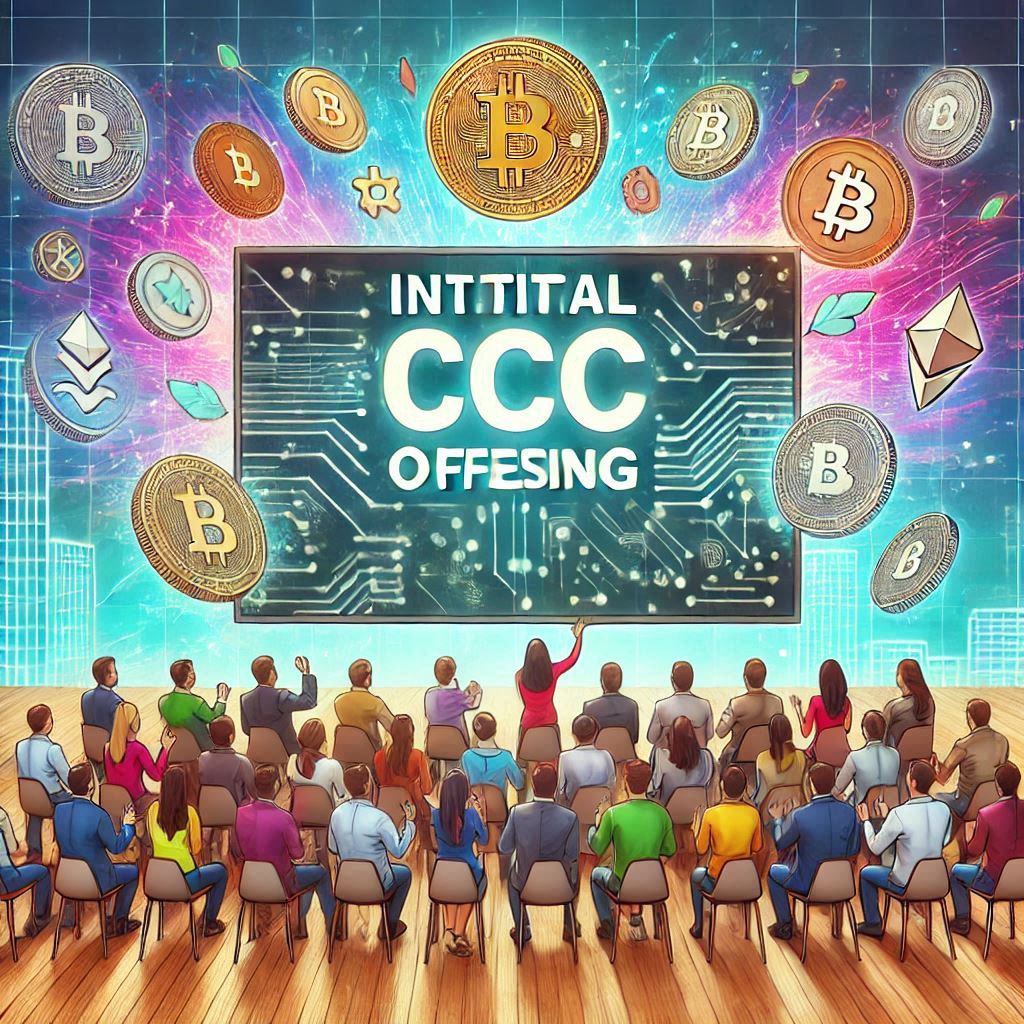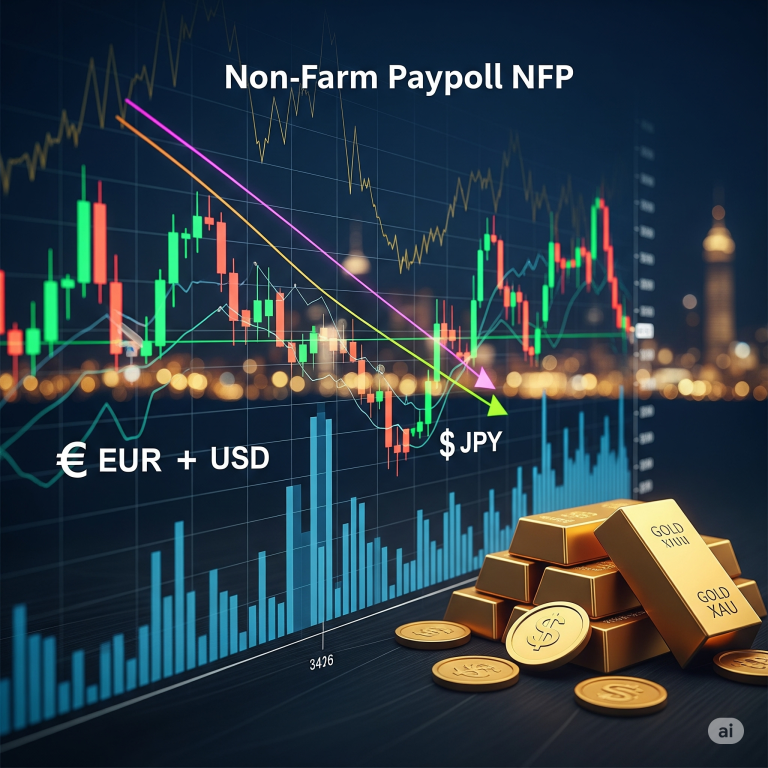A whole new revolution of decentralized finance has been made possible by cryptocurrencies. Furthermore which is empowering individuals and organizations to pursue innovative solutions in ways that far surpass traditional systems. If this new technology excites you and also gives you the push to contribute toward its evolution, then creating your very own cryptocurrency may be a challenge that will turn out to be highly rewarding for you. Furthermore It is going to be a multidimensional process in great detail.
Before building your personal cryptocurrency, find out why you want to. further are you planning to solve specific problems, say faster transactions or enhanced security for unique use cases? The idea is also the beginning of creating your successful cryptocurrency.

Blockchain Technology: Backbone
A blockchain is defined as a decentralized, distributed ledger that also stores every transaction executed by every single node on a network of computers; besides it provides general technology for cryptocurrencies. Moreover each transaction made via your cryptocurrency will be visible to everybody since all transactions are stored on the blockchain ledger.

There are primarily two approaches to creating a cryptocurrency:
One way is to start a completely new blockchain from scratch, in which your cryptocurrency will also run independently. This offers you full future control over how your cryptocurrency will come together and perform, but the trade-off is that it’s labor and cost-intensive.
Alternatively, one can issue a cryptocurrency on an existing blockchain (e.g. Ethereum) by creating a token. This is cheaper and also much more efficient in terms of time and resources.
Selection of Suitable Consensus Mechanism
It is a protocol by which all network participants also agree on the state of the blockchain. It significantly enhances the security of the network as well as the integrity of it.
Some of the most common consensus mechanisms include the following:

Proof of Work (PoW)
PoW which Bitcoin utilizes, requires participants or miners to resolve mathematical equations in order to approve transactions. It’s extremely secure but also power-hungry.

Proof of Stake (PoS)
This should also be utilized by Ethereum 2.0; it elects validators based on how much cryptocurrency they have, and also how much, they are willing to “stake” as collateral. It’s a much more efficient variation than PoW in terms of energy use.

Delegated Proof of Stake (DPoS)
A more scalable version of the proof that stakeholders vote for delegates who, subsequently, validate transactions on their behalf.

Practical Byzantine Fault Tolerance(PBFT)
This Byzantine Fault Tolerance scheme is in most cases viable as well as often used in private blockchains. Moreover it can deal with situations where some of the pythons might behave in a malicious manner.
Choosing appropriate consensus mechanisms would depend on what one’s cryptocurrencies intended for, whether it be scalability, decentralization, and also energy efficiency.
Creating Your Own Blockchain vs. Tokens
If you want to create your cryptocurrency, you will also face a choice between building a new blockchain or issuing a token on an already existing blockchain platform.

Building a Blockchain
You would consider this option if you wished to define custom features and maintain maximum control of your cryptocurrency. To achieve this, you would create a consensus mechanism, develop the core protocol, and also set up a network of nodes.

Creating a Token
Creating a token on an existing blockchain like Ethereum or Binance Smart Chain can take far lesser time and cost fewer resources. In such a scenario, there is no need to create a new blockchain, but again customization of your token can be done through a smart contract.
If you are still relatively new to developing cryptocurrencies, the most logical approach to take would be to develop a token.
Designing the Features of Your Cryptocurrency
Having chosen your blockchain platform as well as consensus mechanism, next comes the designing of features of your cryptocurrency. Features are such as:

Transaction Speed
How quickly will transactions be confirmed? Is speed preferred over security? Also will there be a fourth dimension?

Supply Model
Is a fixed supply your concept (Bitcoin) or a gradual minting process (Ethereum)?

Privacy
Will your cryptocurrency be totally confidential like Monero, or further maintain public viewability on transactions like Bitcoin?

Smart Contract Capability
Do you wish your cryptocurrency has the ability to support smart contracts. (self-executing contracts that have the terms of agreement directly written into lines of code)?
Building the Coin: The Technical Aspects

On to the technical side: whether you are building your own blockchain or launching a token, the development in itself roughly consists of:
Setting up a network
It involves establishing a network of nodes (i.e. computers) that will maintain and validate the blockchain for a new blockchain.
Integration of the cryptocurrency code
The core software that governs how your cryptocurrency functions must be devised. Further the programming could be undertaken using C++, Python, etc., or run in Solidity, for Ethereum tokens.
Creation of a wallet
Users must have a method to store as well as manage their coins or tokens. Moreover it will require the setting up of a digital wallet with which they will send, receive, and hold the digital currency.
Testing and security
Full-scale testing is critical before launch. Also make sure your cryptocurrency is hack-proof, bug-proof, and immunity from cyber threats.
Launching and Promotion of Your Cryptocurrency
After the development and also testing process are complete; you are ready to launch your coin. This mostly will take up the following.

Initial Coin Offering(ICO) or Initial DEX Offering(IDO)
If you are looking at a fundraising option, you may organize an ICO or IDO such that the investors will also buy your cryptocurrency in exchange for other assets like Bitcoin or Ethereum.

Exchanges
You should make sure that your cryptocurrency is traded on major exchanges like Binance, Coinbase, or decentralized exchanges before the users buy and sell.

Marketing
You need also a strong marketing strategy for the success of your cryptocurrency. To generate interest, engage with the community via social media, forums, as well as crypto influencers.
Legal and Regulatory Concerns
The regulations governing cryptocurrency differ significantly depending on where you live, with some countries accepting it whilst others strictly prohibit its use. Moreover a good practice would be that you abide by the laws of your area regarding cryptocurrency creation, fundraising, and trading.
Some common legal issues include:

Securities laws
In certain jurisdictions, your cryptocurrency may be considered a security and therefore require registration with financial regulators.

Taxation
Cryptocurrencies are taxed in most countries, so understanding how your coin will be treated for tax purposes can be essential.

Anti-money laundering (AML) and know-your-customer (KYC) regulations
If you run an exchange or ICO, you also may have to adhere to AML/KYC requirements to stave off illegal activities.
Risks and Challenges

Building your cryptocurrency is complex and also very risky and also Challenges will fall into the categories of:
Security problems
Cyber-attacks or code errors can also minimize your cryptocurrency security.
Adoption
Convincing people to use your cryptocurrency is not easy, and also achieving widespread recognition won’t happen overnight.
Regulatory issues
Guiding through the legal landscape is no simple task. Further it would be best if you had considerate opinions from legal advisors and involved compliance efforts.
Technical Complexity
Creating a cryptocurrency is quite technical in its base; also the mistake in code would be appreciably costly.
You make your own cryptocurrency on the blockchain with JavaScript in just these 9 lines of code.
— Pratham Prasoon (@PrasoonPratham) November 21, 2021
Here's how it works🧵 pic.twitter.com/P122e8Q5Ww
Conclusion
Creating your very own cryptocurrency is a fascinating yet challenging process that necessitates prior planning, technical understanding, and also good knowledge of blockchain technology. Whether launching a new coin or creating a token, you will have decisions to make on points such as the choice of the consensus mechanism and regulatory compliance.
Subscribe to our newsletter!





